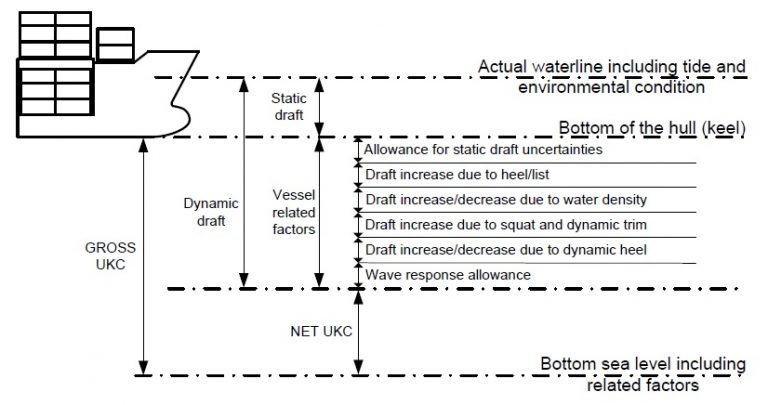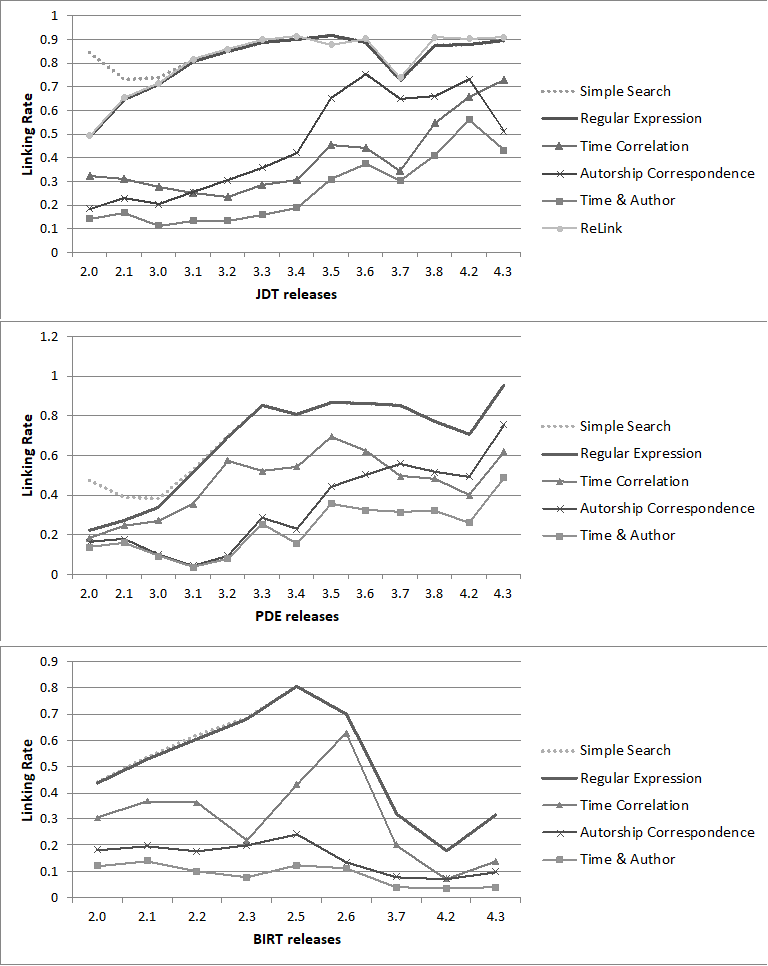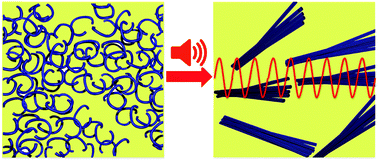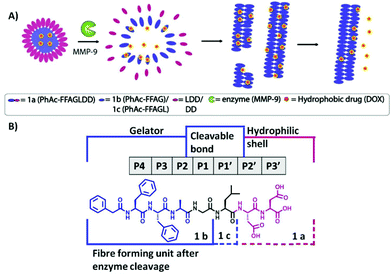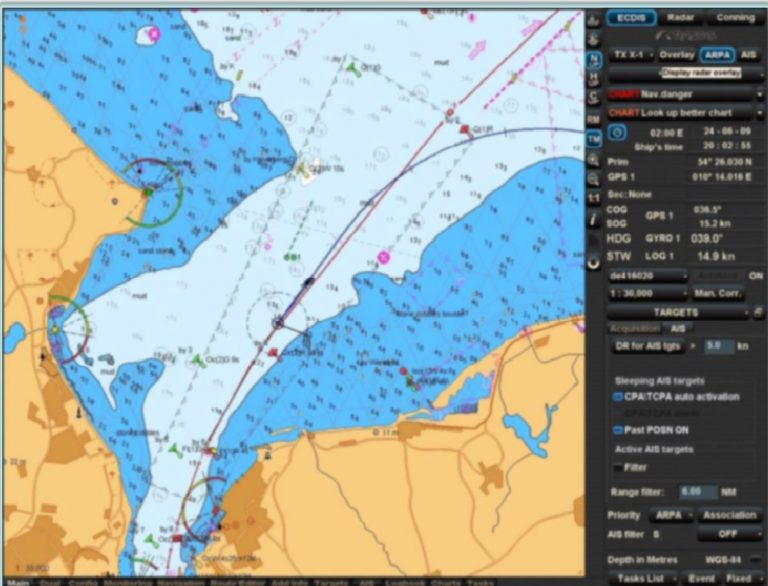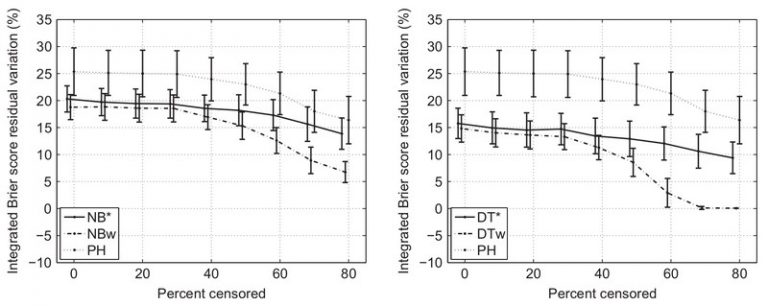As primary navigational mean, Electronic Chart Display and Information System became an inevitable tool and decision-making assistance. ECDIS implementation entails several issues, ranging from proper understanding, education, training, handling and acceptance of this, still relatively new, technology. The navigational tool has changed, however traditional navigational skills remain, or at least, they should sustain. ECDIS EHO […]
News
Collaborative Network UXO
Anti-personnel landmines and unexploded ordnance (UXOs) present an indiscriminate threat to civilians that long outlasts the conflicts for which they were used. Humanitarian Demining is a time-intensive process of locating and eliminating UXOs in order to reduce this threat. The goal of the project “Collaborative Network UXO” is to study and develop an experimental platform […]
A Systematic Data Collection Procedure for Software Defect Prediction
Software defect prediction research relies on data that must be collected from otherwise separate repositories. To achieve greater generalization of the results, standardized protocols for data collection and validation are necessary. This paper presents an exhaustive survey of techniques and approaches used in the data collection process. It identifies some of the issues that must […]
Alignment of nanostructured tripeptide gels by directional ultrasonication
We demonstrate an in situ ultrasonic approach to influence self-assembly across the supramolecular to micron length scales, showing enhancement of supramolecular interactions, chirality and orientation, which depends on the peptide sequence and solvent environment. This is the first successful demonstration of using oscillating pressure waves to generate anisotropic organo- and hydrogels consisting of oriented tripeptides structures.
Integrating Blink Click interaction into a head tracking system: implementation and usability issues
In the area of human–computer interaction, contemporary head tracking systems are often used as camera-based mouse emulators. While head movement detection provides the basis for related mouse shifting and positioning, standard click actions are usually emulated using stillness counter techniques such as Dwell Click (DC). However, these techniques can be a source of enlarged interaction […]
Exploring the sequence space for (tri-)peptide self-assembly to design and discover new hydrogels
Peptides that self-assemble into nanostructures are of tremendous interest for biological, medical, photonic and nanotechnological applications. The enormous sequence space that is available from 20 amino acids probably harbours many interesting candidates, but it is currently not possible to predict supramolecular behaviour from sequence alone. Here, we demonstrate computational tools to screen for the aqueous […]
MMP-9 triggered micelle-to-fibre transitions for slow release of doxorubicin
Phenylacetyl-peptide amphiphiles were designed, which upon cleavage by a disease-associated enzyme reconfigure from micellar aggregates to fibres. Upon this morphological change, a doxorubicin payload could be retained in the fibres formed, which makes them valuable carriers for localised formation of nanofibre depots for slow release of hydrophobic anticancer drugs.
A contribution to improving the standards of ECDIS training
Classic navigation using navigational paper charts is being replaced with ECDIS systems, and starting as from 2018, a complete transition to the PLECDIS system as the primary navigational system (eng. Paper – Less Electronic Chart and Display Information System – possessing information system and the display of electronic charts without the obligation of possessing paper […]
Uncensoring censored data for machine learning: A likelihood-based approach
Various machine learning techniques have been applied to different problems in survival analysis in the last decade. They were usually adapted to learning from censored survival data by using the information on observation time. This includes learning from parts of the data or interventions to the learning algorithms. Efficient models were established in various fields […]
Navigation with ECDIS: Choosing the proper secondary positioning source
The completion of ECDIS mandatory implementation period on-board SOLAS vessels requires certain operational, functional and educational gaping holes to be solved. It especially refers to positioning and its redundancy, which represents fundamental safety factor on-board navigating vessels. The proposed paper deals with primary and secondary positioning used in ECDIS system. Standard positioning methods are described, […]
